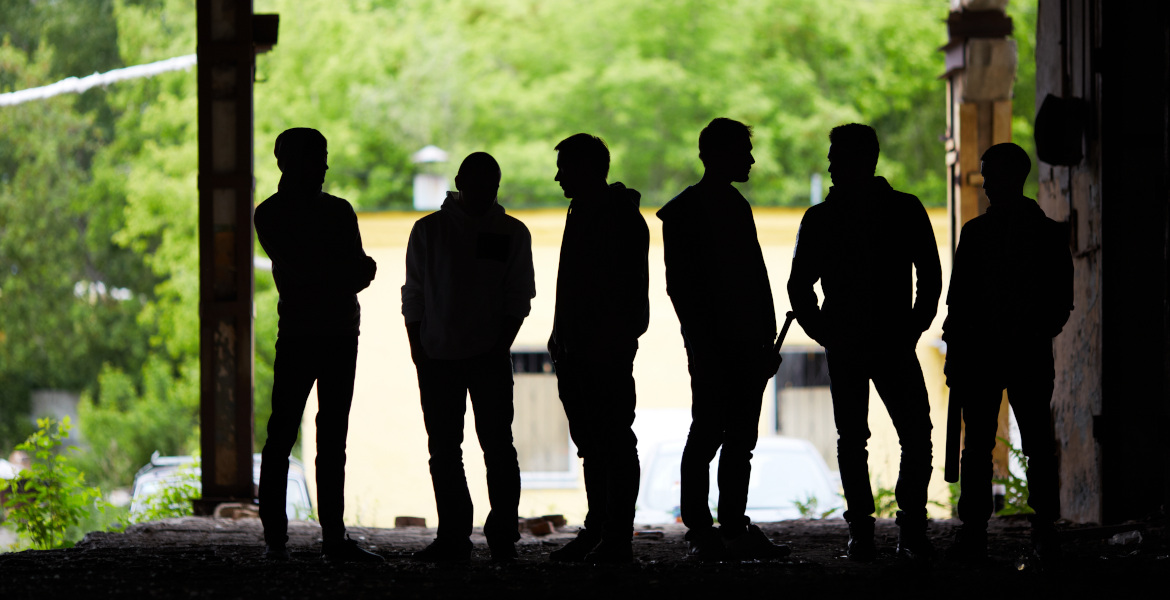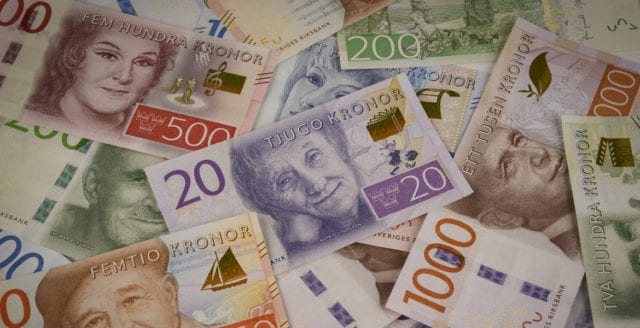Swedish coffee prices have recently seen price increase after price increase, and tomorrow coffee will again be much more expensive.
– Coffee will be about SEK 20 (€1.8) more expensive per package, confirms Ulf Lindvall, CEO of Lindvalls kaffe, saying it's the biggest price increase he's ever seen.
After previous increases, the announcement means that a regular packet of coffee in many shops will cost somewhere around SEK 100 (€9), and the reason behind the surge is a sharp increase in global raw coffee prices.
– Coffee farming is incredibly dependent on stable weather - it needs to rain when it should rain, be warm when it should be warm, and cool when it should be cool. But the weather keeps getting more and more unpredictable each year, Lindvall told Swedish public broadcaster SVT.
He points out that bad weather can easily destroy coffee harvests in both Vietnam and South America, which affects world prices for raw coffee.
Never seen anything like it
Ulf Lindvall has worked at the family business for more than four decades and has never experienced individual price increases at this level, adding that they would make a loss if they didn't raise their prices sharply themselves.
– We have to do that to break even. Raw material prices have gone up so much that if we don't adjust the price, we'll make a loss on every pack we sell.
– This is the biggest price increase I've seen in my 40 years in the business, he adds.
Does not rule out further increases
Lindvall concludes by noting that customers can expect coffee prices to continue to soar - and this is precisely because of weather conditions in other parts of the world.
– If it rains in Brazil now, prices will fall. If it doesn't rain properly until mid-May here, prices will go up further, he says.
It is also worth mentioning that the populations of the Nordic countries, together with the Netherlands, are the biggest coffee drinkers in the world. Each Swede drinks an average of three to four cups a day, and the black beverage is considered by many as a necessity at the breakfast table, in the office or during coffee breaks.





